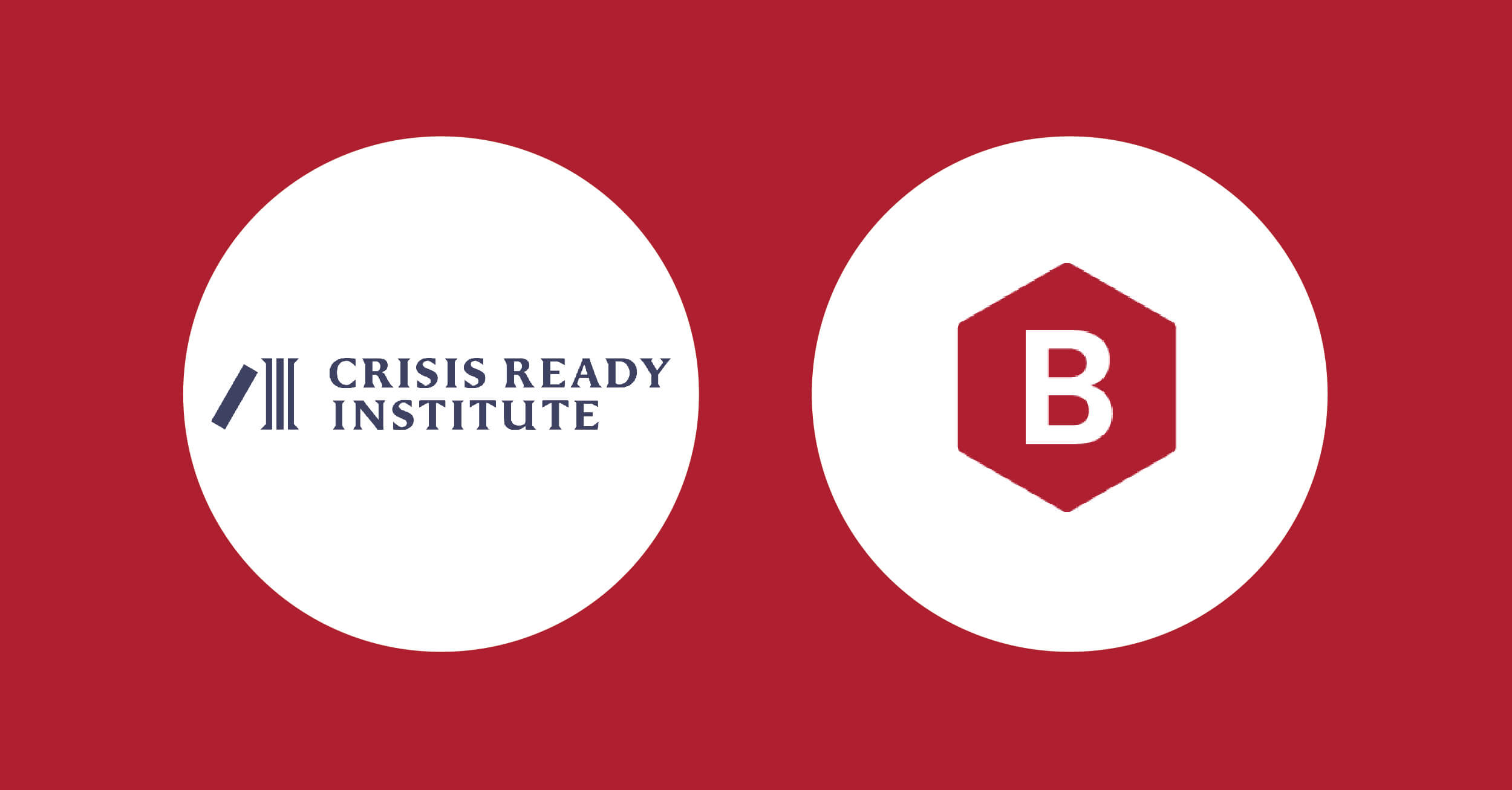Blog
What Does It Mean to Be Crisis Ready?
|

Blog
What Does It Mean to Be Crisis Ready?
|

Beehive is excited to collaborate with founder and CEO of Crisis Ready Institute, Melissa Agnes, on a series of blogs highlighting crisis management and communication.
A crisis can occur at a moment’s notice, even when reasonable precautions are in place. That’s why it’s so important to create a Crisis Ready Culture as part of your organizational culture. Melissa Agnes defines a Crisis Ready Culture as ingraining a culture whereby every team member is trained and empowered with the mindset, skillset, and capabilities to transform any challenge into an opportunity that strengthens trust and brand equity.
Companies that prioritize this will be best prepared to respond to a crisis in a timely, effective and responsible manner.
Oftentimes, a crisis plan is created and filed away without fully integrating the plan across the entire organization. After the onset of COVID-19, when crisis management plans were needed most, businesses realized how infective current processes were and how little this method truly served the organization. If your organization is prepared and Crisis Ready, crisis can serve as an opportunity in how you respond and how you move forward. This includes ensuring your crisis communication program isn’t just another document in a folder, but it’s a living, breathing representation of your organization and its value system.
This is one of the reasons why the idea of being Crisis Ready is critical. There are three key components to being Crisis Ready: capability, mindset and skillset.
Organizational Crisis Ready Capability
Capability encompasses the processes, procedures, and governance involved in responding to crisis situations. In a fast-moving scenario, it’s important to make sure processes flow smoothly with the right conversations and approvals happen with the right people at the right time. If a specific process isn’t in place, it can cause bottle necking, which can prevent your message from reaching your audience at the right time. The capability stage is crucial in making sure things work when they need to.
A Clear, Direct Mindset
Mindset is the way in which you approach a situation. This is founded on the premise that the way you choose to look at a potentially negative or impactful situation directly impacts the actions you will take. If you see the situation as a nuisance or if you find yourself leading with fear, those decisions will directly impact the set of actions you choose to take. If you instead choose to see it as an opportunity for growth, connection and courage, you’ll find yourself taking a different set of actions. Which action you choose directly impacts the outcome and results that the situation has on the organization, the brand and the people.
A Sharp and Nimble Skillset
The skillset analyzes whether or not you and your team can actually implement the strategy itself. Your organization may have crafted the strategy behind how the plan could come to life, but do you have the skillset in-house to execute the plan? When things are happening fast, you want a team on your side that thoroughly understands the plan and the program. This is where a crisis partner can come in as a strategic ally to implement and activate the strategic plan.
Being Crisis Ready presents crisis as an opportunity, offering your organization the chance to see crisis differently. While seeing crisis as an opportunity is refreshing, crisis is only able to serve as an opportunity for an organization when skills are fresh, programs are well thought-out and re-visited often and the entire organization is on the same page. The way in which an organization handles and responds to a crisis situation can have a long-lasting impact on brand reputation and key business relationships. Smart organizations are making Crisis Readiness part of their overall strategy, seeing communication during crisis as a core business strategy to successfully move your organization through the phases of crisis management.
